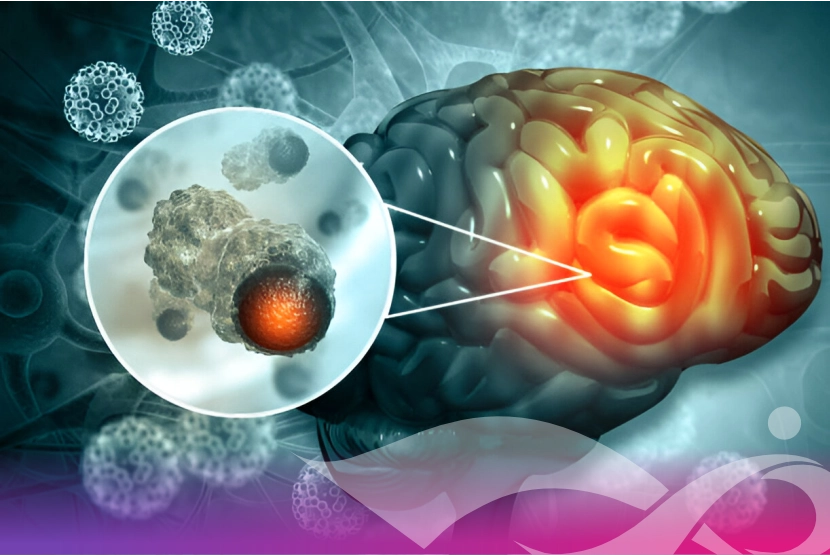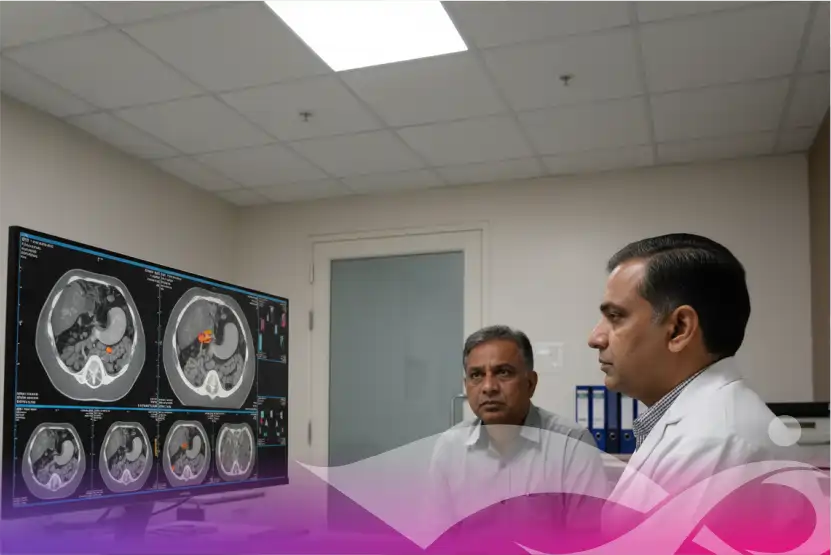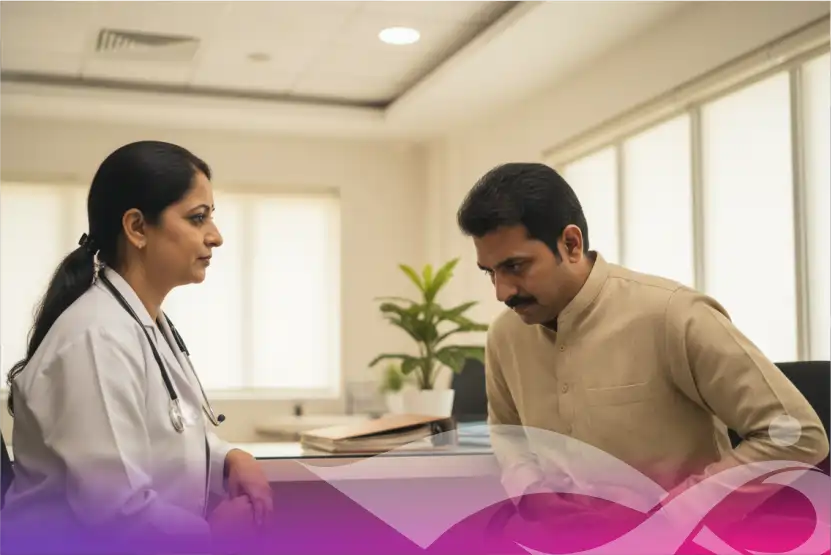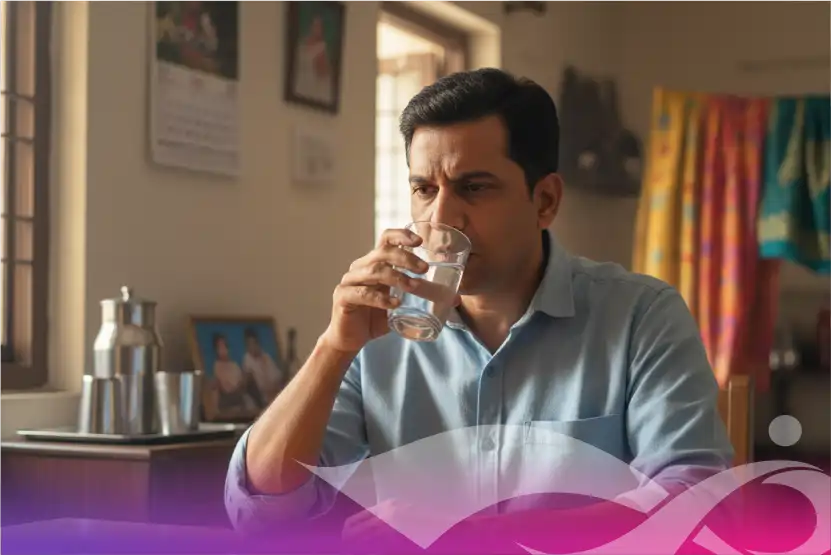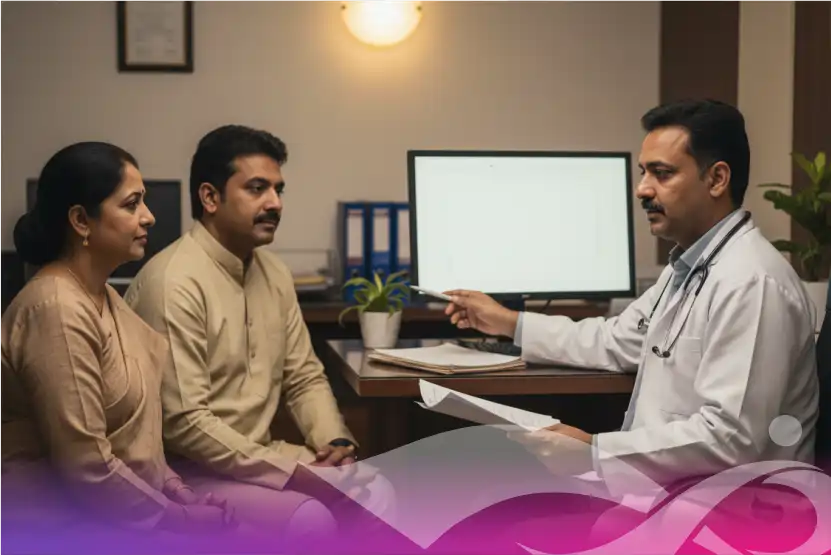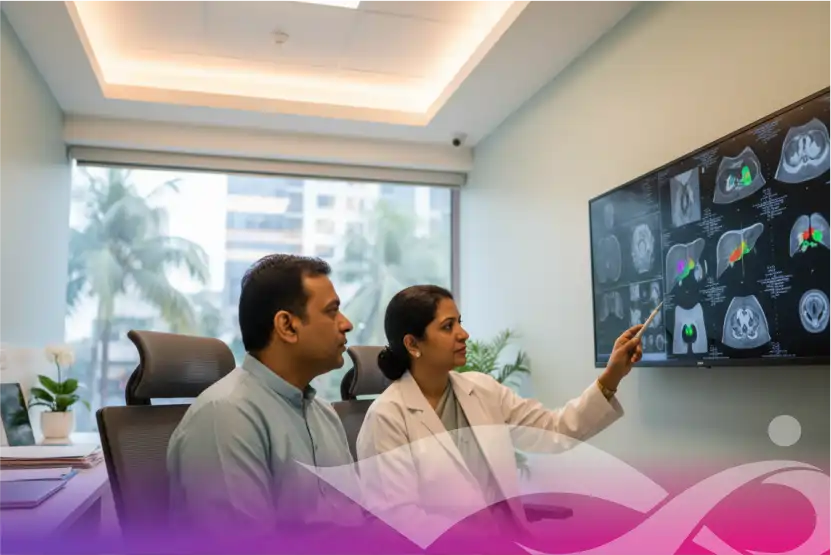A friend of ours—a 47-year-old schoolteacher—spent months brushing off her morning headaches. She chalked it up to stress, skipped meals, and irregular sleep. “I’ll be fine,” she’d say. But when she started forgetting small words and felt her right hand twitch unexpectedly one morning in class, she knew something wasn’t right.
Two weeks later, her scans revealed a tumor.
That story isn’t shared to create fear—it’s shared to remind you how often the signs are subtle, even quiet. Brain cancer doesn’t always knock loudly. Sometimes, it whispers. And the earlier we catch it, the better our chances of stepping ahead of it.
So, what exactly is brain cancer?
Brain cancer happens when abnormal cells grow uncontrollably in the brain. Sometimes it starts in the brain (primary brain cancer), and sometimes it spreads from other parts of the body (secondary or metastatic cancer). Either way, the pressure it puts on critical areas of the brain can cause all sorts of issues—from mood swings and memory loss to speech troubles and seizures.
While it’s not among the most common cancers, it’s certainly one of the trickiest. Why? Because its symptoms are easy to overlook. And most people don’t know what to watch out for.
Symptoms that shouldn't be brushed off
We all have off days. We forget things, feel tired, and get headaches. But there’s a difference between regular exhaustion and recurring symptoms that just won’t go away.
Here are a few signs worth paying closer attention to:
- Headaches that linger or get worse in the morning
- Blurred or double vision
- Sudden changes in personality or behavior
- Difficulty with speech or finding words
- Loss of balance, unsteady walking, or clumsiness
- Seizures—even just once, even if short
- Persistent nausea or vomiting without reason
No single symptom confirms brain cancer—but when they start to add up, don’t wait it out. Talk to a neurologist or oncologist. A timely scan could make all the difference.
The role of expert care
When we talk about cancer care at IOCI, it’s never just about diagnosis. It’s about trust, timing, and treatment that feels personal.
Our approach to brain cancer treatment brings together the best of surgical precision, advanced imaging, and thoughtful post-care. With dedicated neuro-oncology teams, we guide patients through each stage—right from diagnosis to recovery.
We’re proud to be recognized as one of the best cancer hospitals in India, not just for our technology or infrastructure, but because we listen. Because we believe patients aren’t cases—they’re stories in motion.
And when surgery is required, our cancer surgery experts in India work hand-in-hand with neurologists and rehab specialists to ensure each treatment plan is tailored and compassionate.
Healing beyond hospitals
Recovery doesn’t end at discharge. Nutrition, rest, mental health support—they all play a role. That’s why we encourage a healthy diet for cancer recovery, guided by expert oncology nutritionists who understand the body’s healing rhythm post-treatment.
Every small step counts—choosing the right food, sleeping well, staying hopeful.
Final thoughts
If something feels off—please don’t ignore it. It’s okay to ask questions. It’s okay to demand answers. You don’t need to wait until things “get worse.”
Your body has a voice. And listening to it? That’s not fear. That’s power.
We’re here when you need us—across Noida, Greater Noida, Mumbai, Indore, Aurangabad, Agartala, Saharanpur, Kanpur, Jodhpur,






